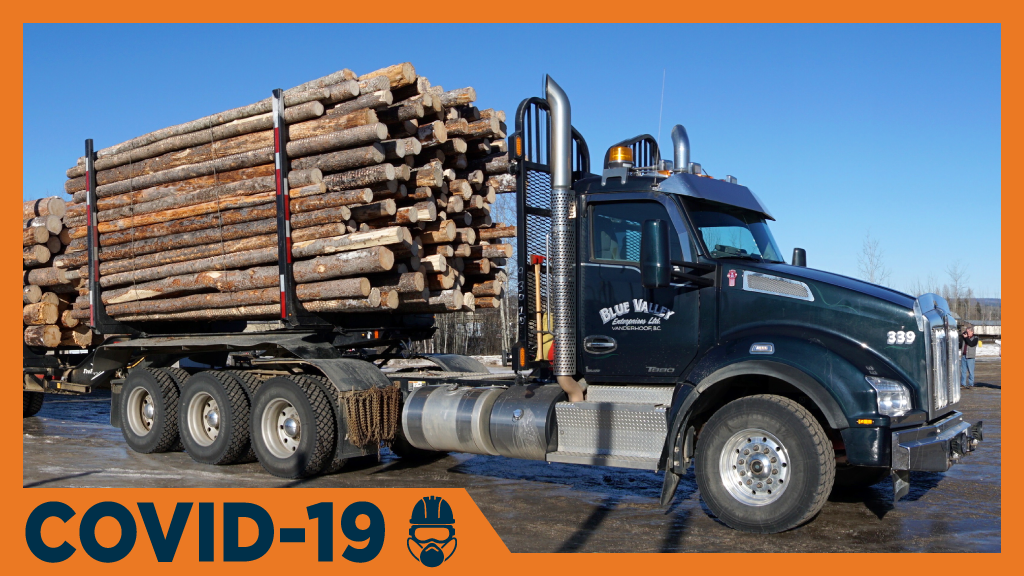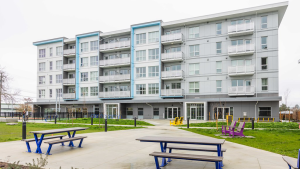VICTORIA — Government officials in B.C. are postponing export regulation changes to assist the forestry sector during the COVID-19 pandemic.
The province announced changes to the Manufactured Forest Products Regulation (MFPR) and the Coast-wide implementation of the variable fee-in-lieu of manufacture on log exports that were scheduled to come into force on July 1 are now postponed until Sept. 30 and December respectively.
Government officials noted they are looking for opportunities to resolve long-standing fibre supply issues for smaller forest product manufacturing firms and will continue to engage with industry and stakeholders.
Globally, the forest industry has been hit particularly hard by the challenges associated with the ongoing COVID-19 crisis and the resulting market impacts. Officials explained delaying the MFPR and fee-in-lieu provides B.C. forest companies with more time to prepare for and adjust their business models to the upcoming regulatory changes.
The MFPR was introduced in 2003. It defines the criteria that products must meet to be considered manufactured under the Forest Act. Under the current regulation, logs that are squared off up to a maximum dimension of 43 by 43 centimetres are categorized as a sawn-wood product and may be exported without further manufacture.
Starting in September, the amended regulation will change the maximum dimension of lumber to be considered a sawn-wood product to 30.5 by 30.5 centimetres, requiring further domestic processing before it can be sold abroad.
Additionally, the regulation amendments will require that in the coast area lumber that is made from Western red cedar or cypress must be fully manufactured before it can be sold outside the country, or the seller or exporter must obtain an exemption from the manufacturing requirement and pay a new fee-in-lieu of manufacture to the province.
The new coast-wide variable fee-in-lieu of manufacture will be implemented this December, replacing the existing fee-in-lieu structure for the Coast and expanding the practice that has been in place for BC Timber Sales advertised in the coast area since July 7, 2019. The new variable rate fee will be dependent on the economics of the individual stands for harvest, set for the term of the cutting permit to provide cost certainty to forest licence holders.











Recent Comments
comments for this post are closed